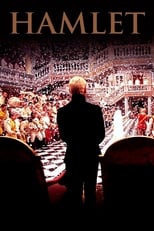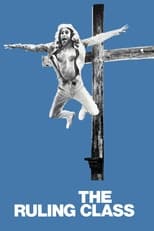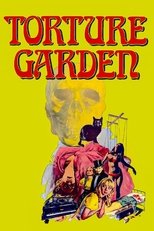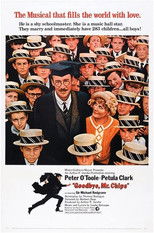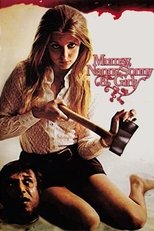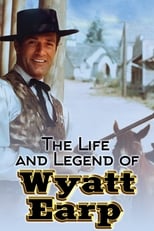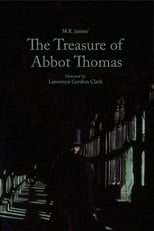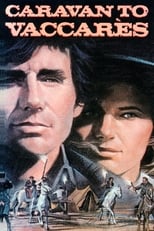Michael Bryant
¿Quién es Michael Bryant?
Michael Dennis Bryant (5 April 1928 – 25 April 2002) was a British stage and television actor.
Bryant attended Battersea Grammar School and after service in the Merchant Navy and Army, he attended drama school and appeared in many productions on the London stage. He made his film debut in 1955. His greatest role was Mathieu in BBC2's 1970 adaptation of Jean-Paul Sartre's Roads to Freedom trilogy. His guest star appearance as Wing Commander Marsh, who feigns insanity in the 'Tweedledum' episode of the BBC drama series, Colditz (1972), is still widely remembered.
Bryant was chosen by Orson Welles to play the lead role in The Deep, Welles's adaptation of the Charles Williams novel Dead Calm. The production frequently ran out of money, and following the death of actor Laurence Harvey in 1973, Welles stopped production and announced the movie - which had been completed except for one special effects shot of a ship exploding - would not be released. (The novel was finally adapted to film in 1989.)
In 1969 Bryant took his love of the stage on a strange trip into the realm of cult films, playing a clever male prostitute who outwits a delusional family of killers in the dark comedy Mumsy, Nanny, Sonny and Girly, an adaptation of a play by Maisie Mosco. Due to poor marketing and a lack of faith in the film by the distributor, the film quickly sank into obscurity even before it could develop a cult following.
One of Bryant's most memorable performances was in the classic BBC television play The Stone Tape (1972), in which he plays the leader of a team of scientists who investigate ghost sightings in a brooding gothic mansion.
Bryant also had a supporting role as a sadistic psychiatrist in the cult classic black comedy The Ruling Class, with Peter O'Toole and Alastair Sim. He also appeared in Richard Attenborough's Gandhi (1982) as a British diplomat.
Having played Lenin in the film Nicholas and Alexandria, Bryant would later reprise the role in Robert Bolt's play State of Revolution (1977). He had previously co-starred in Bolt's unsuccessful Gentle Jack. The 1977 production of a Bolt play though was significant for featuring the first role he performed at the National Theatre where he was a constant presence for a quarter of a century. Bryant, described by Michael Billington as "rock-solid company man", had earlier performed with the Royal Shakespeare Company from 1964, including the premiere production of Harold Pinter's The Homecoming (1965), in which he played Teddy, the returning academic.
In 1980, Michael Bryant won the London Drama Critics Circle Theatre Award for Best Actor, and his other theatrical performances were equally well thought of. Bryant won Laurence Olivier Awards in 1988 and 1990 and was nominated twice more.
Description above from the Wikipedia article Michael Bryant (actor), licensed under CC-BY-SA, full list of contributors on Wikipedia
Trabajos destacados
Géneros más habituales en las películas de Michael Bryant
Géneros más habituales en las series de Michael Bryant
Compañeros de trabajo recientes de Michael Bryant
Las imágenes y retratos de actores y actrices mostrados en este sitio web son obtenidos de la base de datos pública de The Movie Database (TMDb), utilizada bajo los términos y condiciones de dicha plataforma. En caso de que alguna imagen o fotografía sea incorrecta, ofensiva, o pueda infringir derechos de imagen o copyright, puede ser editada o eliminada directamente en TMDb. Esto provocará su eliminación automática en este sitio web. Adicionalmente, si usted desea solicitar la eliminación de una imagen directamente en nuestro sitio web, puede utilizar el formulario de contacto ubicado al pie de la página. Atenderemos su solicitud de manera expedita y tomaremos las medidas necesarias para garantizar el cumplimiento de los derechos aplicables.
The images and portraits of actors and actresses displayed on this website are sourced from the public database The Movie Database (TMDb), used in accordance with its terms and conditions. If any image or photograph is incorrect, offensive, or may infringe image rights or copyright, it can be edited or removed directly on TMDb. This will automatically result in its removal from this website. Additionally, if you wish to request the removal of an image directly from our website, you may use the contact form located at the bottom of the page. We will promptly address your request and take the necessary measures to ensure compliance with applicable rights.

